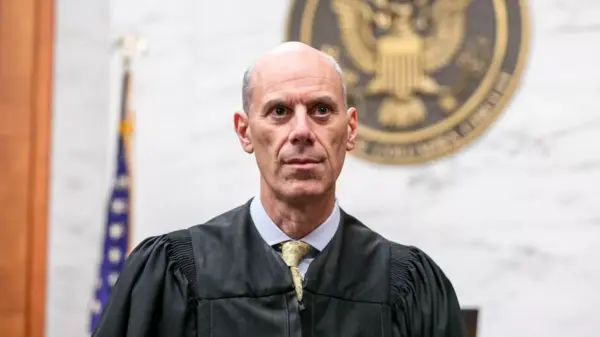The House of Representatives is preparing to vote on legislation that mandates the public release of files related to the late financier Jeffrey Epstein. This vote represents the culmination of a months-long effort, overcoming significant opposition from both President Donald Trump and Republican leadership. In a notable shift, Trump has now urged Republicans to support the bill, which is expected to pass with a substantial majority.
This legislation aims to compel the Justice Department to disclose its documents concerning Epstein, who died by suicide in a Manhattan jail in 2019 while awaiting trial on charges of sexually abusing and trafficking underage girls. The push for transparency has gained momentum following public outcry and ongoing discussions about accountability regarding Epstein’s extensive network and the circumstances surrounding his death.
As the House gears up for the vote, the anticipated outcome is expected to put additional pressure on the Senate to consider the legislation. Should the House pass the bill, it would mark a significant step in the ongoing pursuit of clarity in the Epstein case, which has drawn considerable media and public attention since his arrest.
Supporters of the bill argue that releasing these files is crucial for understanding the full extent of Epstein’s actions and the individuals involved in his operations. They contend that transparency is essential for ensuring justice for the victims and restoring public trust in the institutions that failed to protect them.
Opponents, however, express concerns about the potential for sensitive information to be misused or sensationalized in the media. They argue that a thorough investigation should take precedence over public release, emphasizing the need for a careful approach to handling such delicate matters.
The outcome of this vote could have far-reaching implications, not just for the victims of Epstein’s crimes but also for how similar cases are handled in the future. As the discussion surrounding accountability and transparency continues, the actions of the House will likely set a precedent for how such sensitive information is managed and disclosed in the political arena.
With the House poised to act, all eyes will be on the legislative body as it navigates this complex issue. The development illustrates the intersection of political will, public demand for accountability, and the ongoing impact of Epstein’s actions on society.


































































